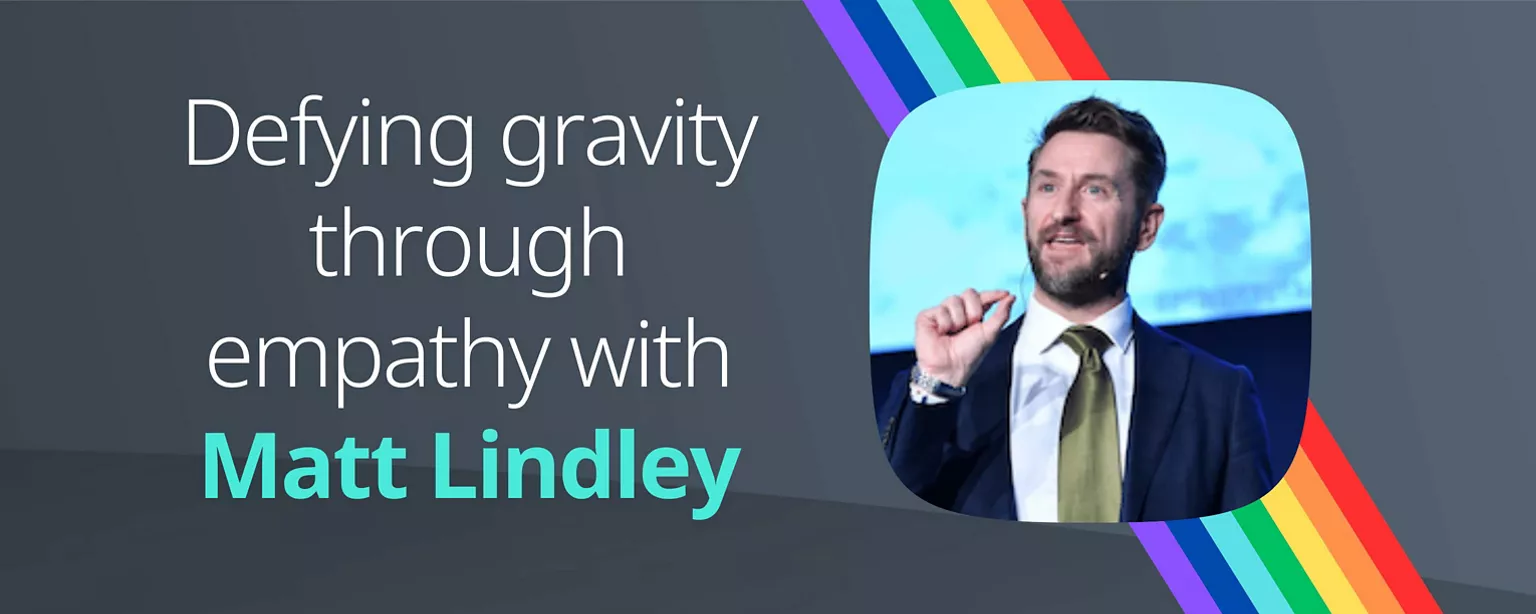The impact of empathetic leadership on inclusive workplace culture cannot be understated. On Tuesday, 27th February, Robert Half hosted a discussion with ex-Royal Air Force VIP training captain Matt Lindley as part of LGBTQ+ History Month. The talk, hosted by Robert Half's dedicated LGBTQ+ employee network group BELONG, explored how crucial empathetic leadership can be in creating a culture of allyship in the workplace.
Matt is a part-time 777 long-haul airline pilot, a change management consultant, a human performance factors expert, and a keynote speaker. As a Royal Air Force VIP Training Captain, he was responsible for transporting Her Majesty the Queen, Members of the British Royal Family, and the Prime Minister. He was one of the first openly gay pilots in the RAF and, through his experiences, has become an advocate for culture change, resilience, leadership, and acceptance within the Armed Forces.
Matt shares three things empathetic leaders do to create inclusive workplace cultures and the impact they can have on the well-being, productivity, and morale of workers at every level.
Matt's experience in the RAF showed him the power leadership wields where company culture is concerned. For example, when the Law change finally allowed LGBTQ+ individuals to serve in the Armed Forces, the distinct lack of buy-in at the leadership level stopped the deeply entrenched culture in the RAF from changing. This led him to feel unable to advocate for himself and others.
Everything changed when Wing Commander Tom took command of the squadron. Matt says Tom's distinctly 'human' leadership approach was reflected by his senior officers creating a much more accepting environment overall. According to Matt, the difference was tangible.
Matt says that, by outwardly displaying a willingness to listen and support his team, Tom became his first port of call when he was outed as gay by colleagues.
Matt says his Wing Commander demonstrated empathy by taking time to connect with his squadron individually. He frequently ensured they had what they needed and actively offered support wherever he could.
Matt says that, by outwardly displaying a willingness to listen and support his team, Tom became his first port of call when he was outed as gay by colleagues.
Matt credits Tom’s empathetic leadership style with his ability to gain the trust of his employees. By reliably delivering on promises and actively helping the people under his charge, Tom was able to turn the cultural tide.
“Tom’s powers of empathy made an enormous difference for me. Why did I turn to him? Well, I trusted him. And it wasn't just me. My colleagues trusted him. How did he foster that trust? Well, he was credible. He was very good at his job. He knew what he was doing. He was relatable, reliable.”
Matt believes emotional intelligence is a significant factor in empathetic leadership. This includes an ability to read people and a firm understanding of the impact of words.
“People mimic leadership, mimic behaviours. And to be honest with you, with me, it was an anti-climax coming out — but that’s good. We love an anti-climax in this situation. And it was basically largely down to really strong, insightful leadership from Tom and his boss.”







